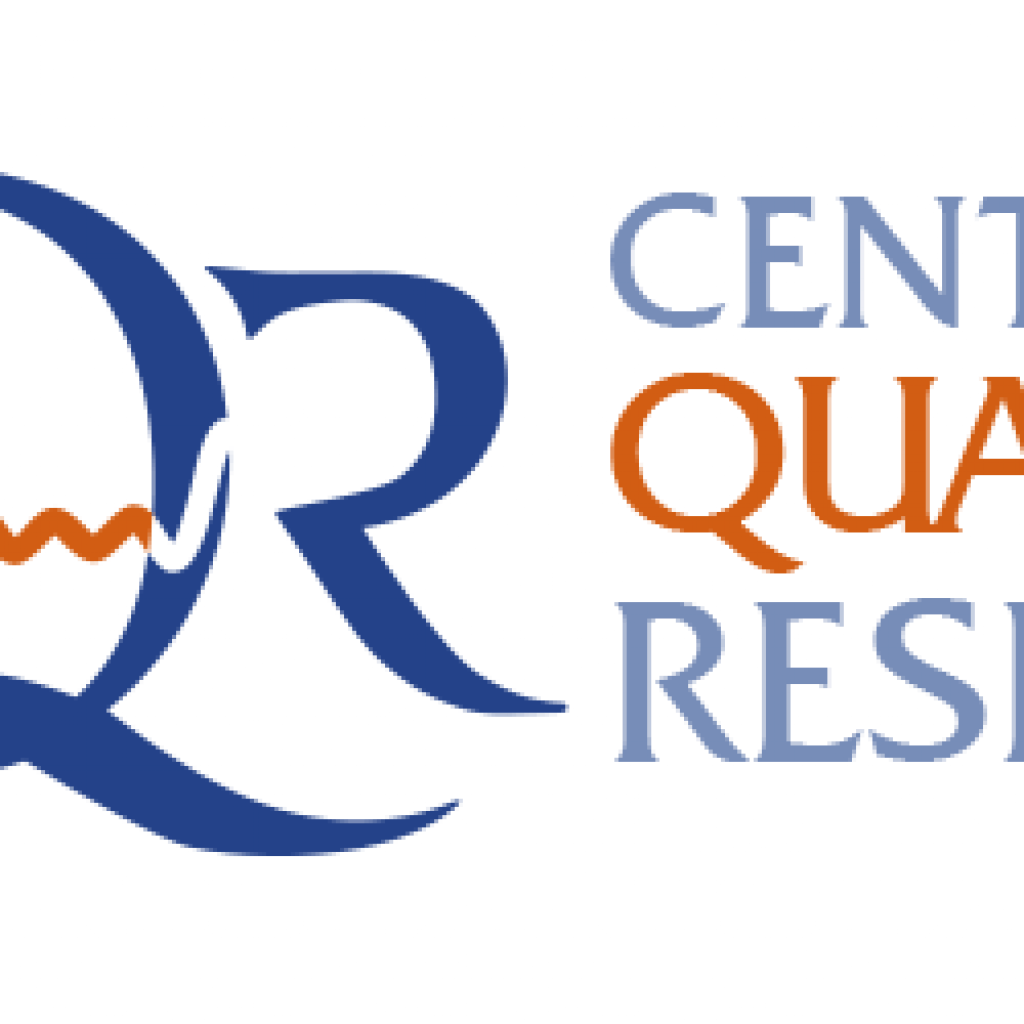(HPC.Wire) Brian La Cour, who directs the Applied Research Lab (ARL)’s UT Center for Quantum Research, participated in the most recent Texascale Days event. La Cour is working with Mark Selover (UT Physics), Brajesh Gupt (TACC), and Noah Davis (ARL) on large-scale quantum computer simulations as part of a Frontera Pathways project.
Quantum computers promise to revolutionize computing yet are still in the early stages of development. Classical simulation on high-performance computers provides a means to validate noisy, intermediate-scale quantum (NISQ) devices, but this is challenging for large problems.
“In 2016, for example, a 40-qubit simulation was performed on Stampede1 using the qHipster software package on 1,024 nodes,” La Cour explained. “For each additional qubit, the memory required for simulation doubles.”
La Cour and his team used 8,192 nodes on Frontera to perform a simulation of a 45-qubit random circuit similar to the one used in Google’s 2019 quantum supremacy experiment. The simulations were performed using the Quantum Exact Simulation Toolkit (QuEST) developed by their collaborators from the University of Oxford.
“With some custom modifications to the software developed by Mark Selover, we believe we can push this to 46 qubits in time for the next Texascale event,” La Cour said. “To our knowledge, that would be the largest random circuit simulation in the world.”
UT Center for Quantum Research Presented Simulation of 45-Qubit Random Circuit at Texascale Days
